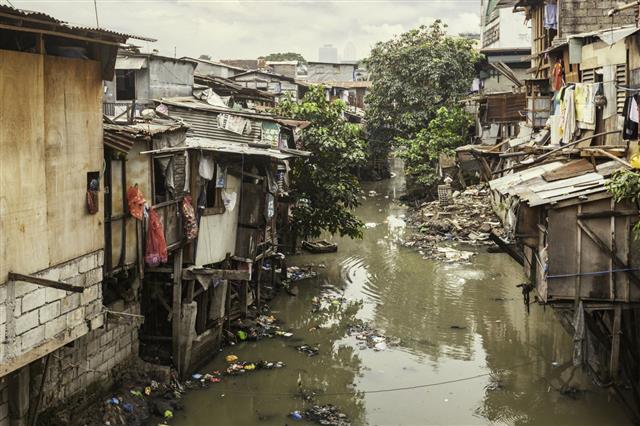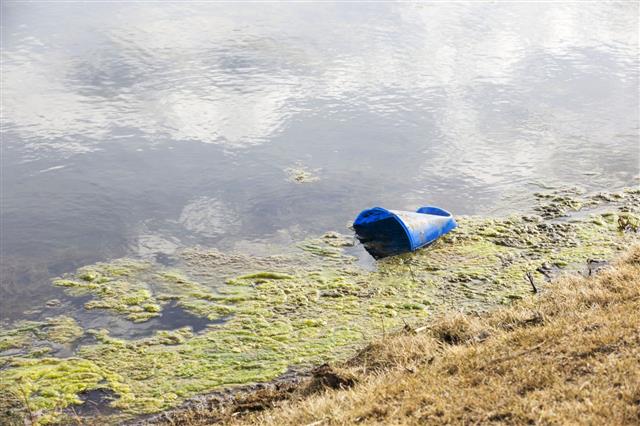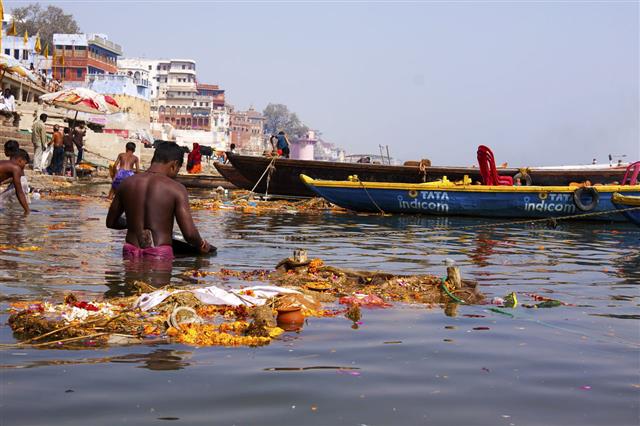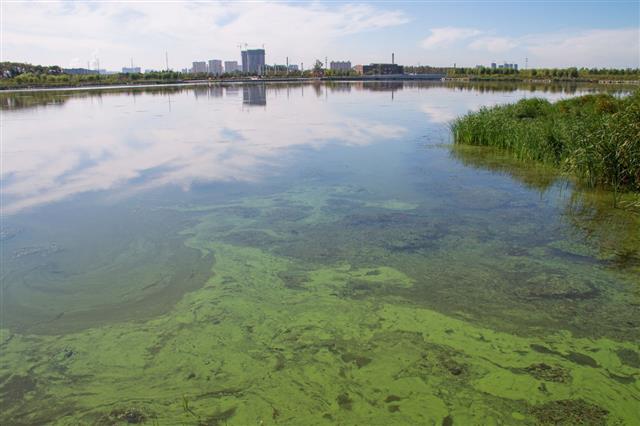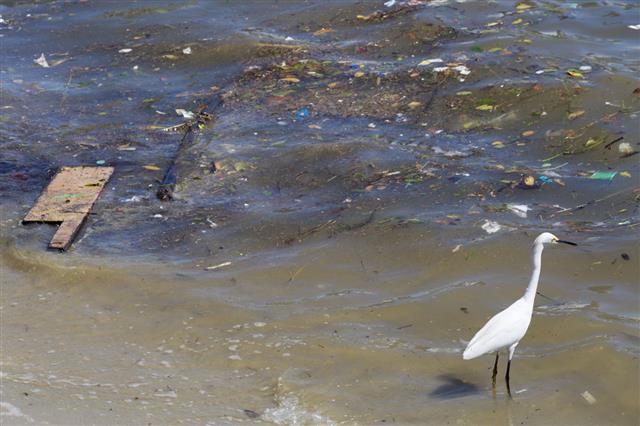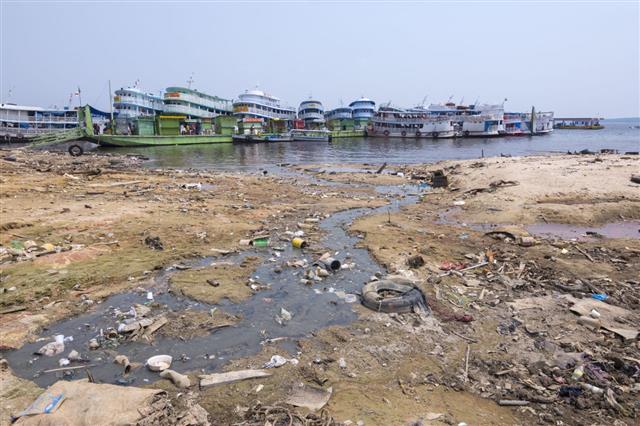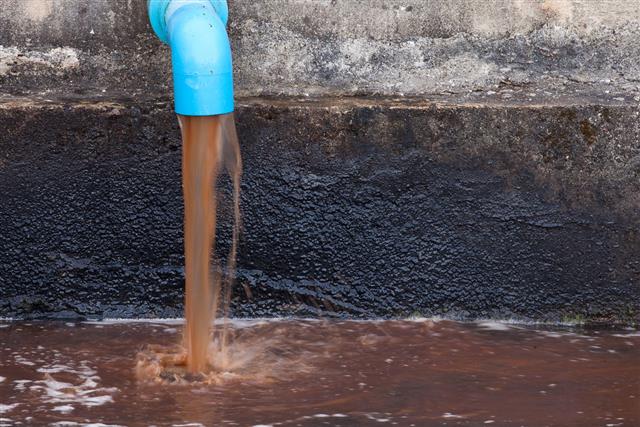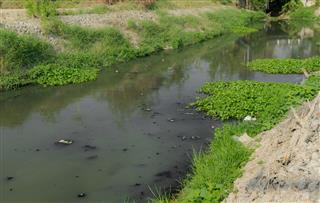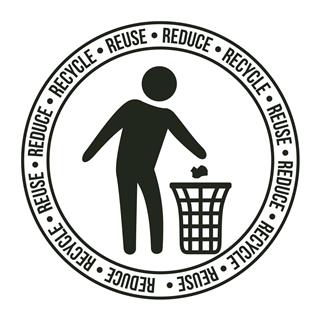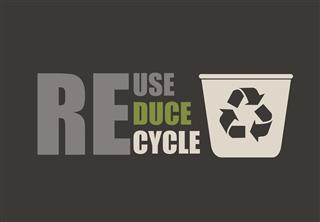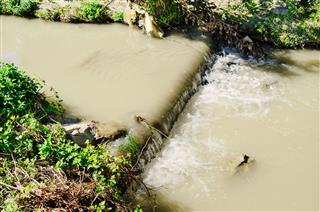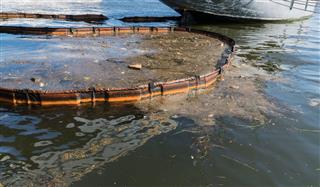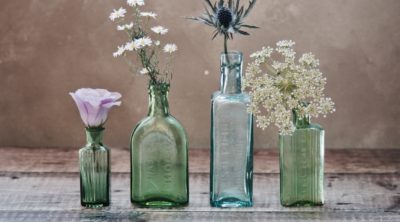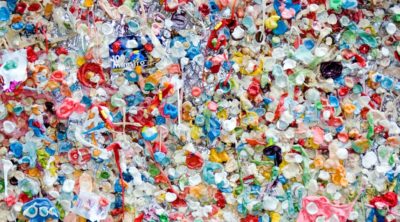
Water pollution is a major problem we face today. Apart from clean drinking water, we also need to keep the waters in the oceans, rivers, and lakes unpolluted because otherwise it harms the very planet we survive on. Here are some ways to prevent it.
Although it covers more than 70% of the surface of the Earth, water is one of the most precious natural resources of our planet. The reason being that about 97% of the total water is salty, and therefore not potable; a further 2% is locked in glaciers and polar ice caps, thus leaving just about 1% of it useful for consumption. With the human population increasing rapidly, water resources all over the world are getting polluted; so much so, that precious and unique organisms and ecosystems are being harmed and are even going extinct at an alarming rate.
What Causes Water Pollution?
Although certain natural processes may cause some amount of water pollution, anthropogenic effects cause water pollution the most. We need to use water everyday, both in our industries as well as our homes. We get this water from groundwater sources, rivers, and lakes. Most of the water we use – and abuse – finds its way back to one or more of these water bodies.
The used water from agricultural and industrial practices, and household use, all comes together to generate sewage or wastewater. If sewage is allowed to flow back into the water systems without being treated, it causes pollution. The polluted water bodies harm all life, humans, animals, and plants. Water also gets polluted due to surface runoff from industries, agricultural land and urban areas, which flow directly through storm-water drains into water systems without any treatment.
The disposal of sewage is a major problem in developing countries where there isn’t adequate sanitation in large areas, thus carrying disease-causing bacteria and viruses into sources of water. However, developed countries too contribute to water pollution; people often flush pharmaceutical and chemical products down their toilet, adding to the chemical load of wastewater and sewage.
Some of the other causes of pollution are oil spillages and dumping in oceans, dumping litter into streams, rivers, and oceans such as cardboard, newspaper, foam, Styrofoam, plastic packaging, aluminum, glass, and so on. Some of these pollutants take a very long time to degrade. For example, foam takes 50 years, Styrofoam takes 80 years, aluminum takes 200 years, while plastic packaging can take 400 years!
Nuclear waste, atmospheric deposition, and underground storage leakages are some of the other causes of water pollution.
What are the Ways to Prevent Water Pollution?
While we should see to it that the government is stringent about their policies related to sewage treatment plants and methods, there are many things that we can carry out individually to prevent water pollution.
Toxic products like paints, automobile oil, polishes, and cleaning products should be stored and disposed off properly. As a matter of fact, it is better to use non-toxic, products for the house as far as possible. Also, never dispose off such products by throwing them into your toilet or sink.
Dispose off your trash in a proper manner, and try to incorporate the recycling habit as far as possible. Non-degradable products like tampons, sanitary napkins, and diapers should not be flushed down the toilet, for these can end up damaging the process of sewage treatment, and usually end up as litter on beaches.
Refrain from throwing litter into streams, lakes, rivers, or seas. If you do spot litter on beaches or in water systems, after ascertaining that it is safe, collect them and dispose them off in any nearby waste disposal system.
Use environmentally friendly household products like toiletries, soap-based household cleaning material, and washing powder as far as possible.
Try using natural fertilizers and pesticides as far as possible, or if not, do not overuse them or over-water gardens and lawns. This will help in reducing the pollutants that get into water systems due to runoffs.
Automobile oil should be re-used as far as possible. Also, it is important to keep your automobile well maintained in order to prevent leakages of toxic fluids like antifreeze and oil.
Also, actively conserve water by turning the tap off when you do not need running water, such as while brushing teeth. Apart from preventing water shortages, it lessens the amount of water that needs to be treated.
Do not use colored bathing bars. They are known to contribute more to water pollution.
Avoid buying packaged water as far as possible. The best policy is to carry a bottle of water when you step out of the house. You can carry one big bottle per head. This has two advantages. Firstly, you eliminate your contribution to pollution related to plastic bottles, and secondly, you save money!
The above steps may seem to insignificant to ever contribute in reducing water pollution. But just imagine: even if 10 families (four members each) follow these steps, we will have almost 50 less plastic bottles contributing to pollution. That is quite a number, don’t you think? If we all decide to share the responsibility, we can all come together and make a big difference!
